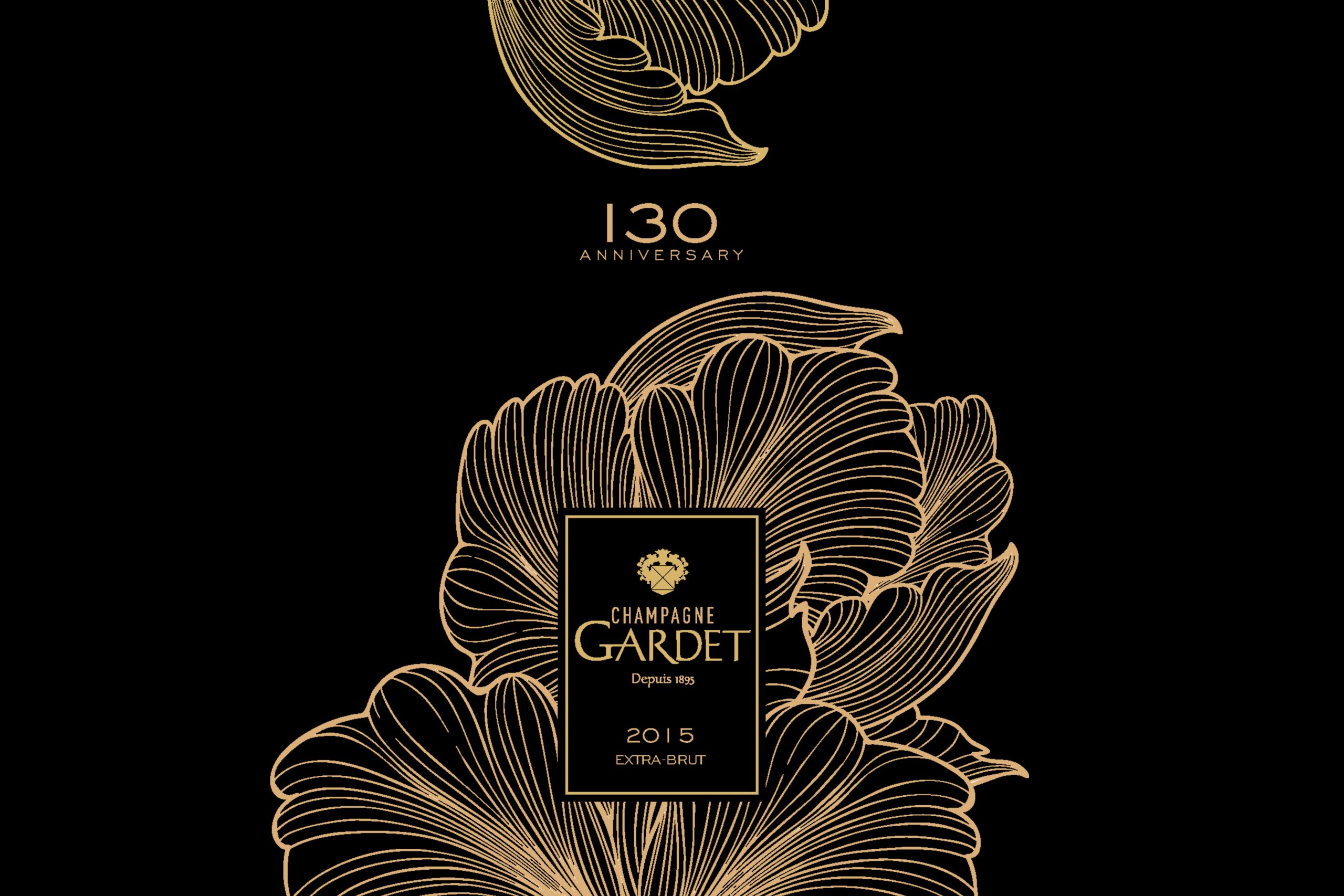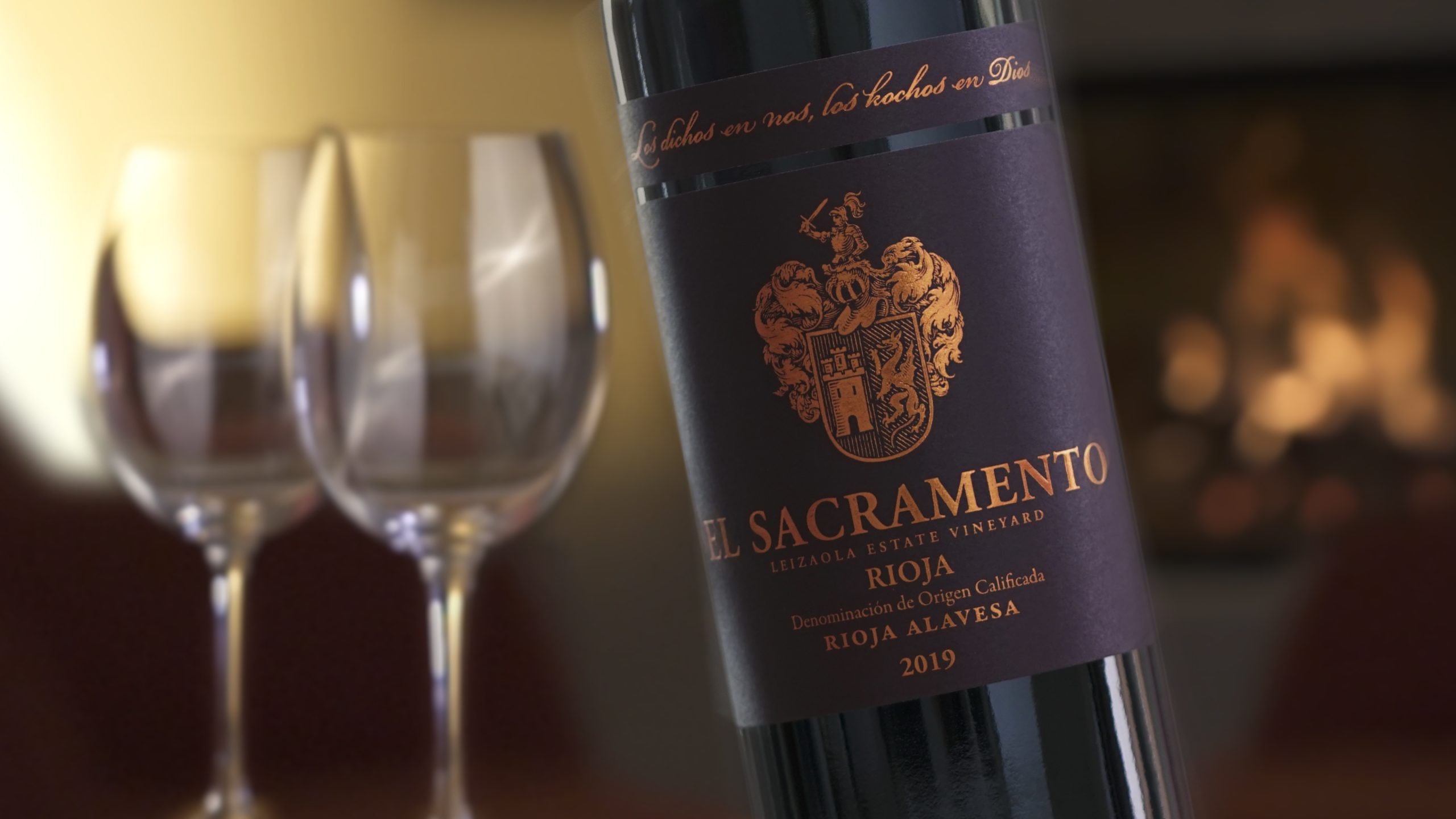SWR: lighter bottles for entry level wines is ‘the wrong message’
By Eloise FeildenProducers need to put high-quality wines into lighter bottles to shift consumer perception around bottle weight, Dr Laura Catena argued at a Sustainable Wine Roundtable talk this week. Eloise Feilden reports.

The Sustainable Wine Roundtable (SWR), an independent platform created to improve sustainability in the wine industry, launched its Bottle Weight Accord in October 2023.
The accord followed a six-month study into bottle weight reduction co-funded by SWR retailer members including Finland’s Alko, Lidl GB, Systembolaget in Sweden, The Wine Society and Whole Foods Market in the US.
Its initial target was to reduce the current average bottle size for 750 ml still wine bottles among its retail members from 550g to 420g before the end of 2026.
Now, just over a year on from its launch, the SWR has 1.5 billion bottles under the accord.
In a webinar detailing the progress made by the organisation in 2024, research director Dr Peter Stanbury said the accord therefore covers 5% of all still wine sold in 750ml bottles around the world. Glass is responsible for up to 50% of the carbon dioxide emissions of any given wine bottle. The SWR has calculated that its Bottle Weight Accord therefore saves 144,428 tonnes of CO2 from the atmosphere each year, the equivalent of 18,000 households.
Key parters of the accord were present at the announcement, which took place yesterday (Thursday 19 December). US member Whole Foods, which operates more than 500 stores across the United States, Canada and the UK, has committed to have all its own label still wines in 750ml bottles under 420g by the 2025 vintage.
Rick Eplawy, who was representing the business, said Whole Foods has even stopped working with one unnamed supplier who refused to conform to the Bottle Weight Accord.
Partner Content
Consumer preference
Participants in yesterday’s talk highlighted the shift that needs to happen in consumer sentiment in order to move the cause forward.
Stanbury commented that while bottle weight “is only one of a myriad of factors that go into consumer choice”, it is still an important one.
Dr Laura Catena, a physician, author and fourth generation Argentine vintner at Bodega Catena Zapata, stressed the importance of quality perception and its relation to bottle weight.
She argued that producers have a responsibility to put higher-quality wines into lighter bottles. Catena criticised brands which are focused just on lightweighting their entry-level wines. “My big concern is this is creating the wrong message for consumers,” she said.
British multinational Tesco, which is also a member of the SWR’s Bottle Weight Accord, is tackling the same issue. “There’s the concept that heavier bottles make for better wine,” said Joe Olding, assistant buyer for fruit wine, low & no alcohol wine and small formats at Tesco.
The supermarket has pledged to reach net zero by 2050 throughout its supply chain. Beer, wine and spirits have by far the heaviest packaging of any area of the business, meaning the category is a key concern when it comes to hitting targets.
Tesco is responsible for approximately one in three bottles of wine sold in the UK, and Olding said that lightweighting is a key focus for his area of the business.
Tesco has begun looking into how it can lightweight some of its higher-end products, and is focusing its attention on sparkling wines, moving from a 720g to a 600g bottle for its Tesco Finest Prosecco.
Related news
WWE legend goes viral after Napa wine tasting
Favourite kosher wine 'impossible to find' due to trade war
Piccolo power: why Henkell's small bottle has stood the test of time




